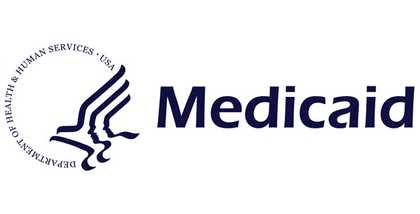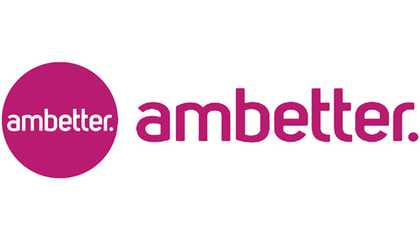Understanding how to get the most out of your dentist appointment is essential for maintaining excellent oral health. Whether you’re going in for a routine check-up or a specific procedure, thorough preparation can enhance your experience and results.









$149 New Patient Special!*
Includes comprehensive exam, full mouth x-rays and a cleaning for new patients without insurance.
Understanding how to get the most out of your dentist appointment is essential for maintaining excellent oral health. Whether you’re going in for a routine check-up or a specific procedure, thorough preparation can enhance your experience and results. This guide offers valuable advice on optimizing your dentist visits, from verifying appointment details to setting personal objectives. By following these insights, you’ll leave your appointment with a comprehensive understanding of your dental health and any necessary treatments. Let’s explore how to get the most out of your dentist appointment!
1. Verify Appointment Details
One of the first steps in learning how to get the most out of your dentist appointment is confirming your appointment details beforehand. Double-check the date and time against your calendar or appointment reminder. If there’s any uncertainty, don’t hesitate to contact the dental office for confirmation. This simple action can save time and reduce stress, ensuring you arrive prepared to see your dentist.
Knowing the dental office’s location is equally important, especially if it’s your first visit or a new location. Use a GPS or mapping app to find the quickest route. Punctuality reflects respect for your dentist’s schedule and gives you the opportunity to complete any necessary paperwork before your session begins.
Additionally, familiarize yourself with the office’s cancellation policy. Life can be unpredictable, and you might need to reschedule. Understanding the policy helps you avoid unexpected fees or complications. Most offices appreciate a courtesy call if you need to change your appointment, so communicate promptly. Taking these steps ensures you’re well-prepared and ready to maximize your dentist appointment.
2. Gather Your Medical and Dental History
To fully benefit from your dentist appointment, it’s crucial to prepare your medical and dental history ahead of time. Collect details of any past dental treatments, such as fillings, crowns, root canals, or orthodontic work. Having this information readily available allows you to ask the dentist relevant dental questions and for your dentist to assess your dental background and tailor their recommendations accordingly.
Additionally, compile a list of current medications and any health conditions you have. Certain medications and health issues can impact dental care, so transparency with your dentist is key to receiving the best treatment plan. This is particularly important if you have conditions like diabetes or heart disease, which may require special attention during dental procedures.
Consider bringing relevant documents related to previous dental work, including X-rays, treatment plans, or notes from past visits. These can provide your dentist with valuable insights into your oral health and history, ensuring a more thorough assessment. By preparing this information, you not only save time during your appointment but also foster productive dialogue with your dental care team, helping you achieve optimal oral health.
3. Define Goals for Your Visit
Setting clear goals before your dentist appointment is essential for maximizing your time with your dental professional. Begin by identifying any specific concerns or questions about your oral health. Whether it’s a bothersome tooth or inquiries about a recent procedure, jotting down these points helps guide the conversation and ensures nothing is overlooked.
Be prepared to ask the dentist about any symptoms or pain you’re experiencing. Detail when the discomfort began, its intensity, and factors that alleviate or worsen it. This information is crucial for accurate diagnosis and treatment recommendations.
Consider your long-term dental goals. Are you interested in teeth whitening to enhance your smile or have concerns about alignment? Communicating these objectives allows your dentist to tailor a treatment plan that aligns with your aspirations, ensuring you leave with immediate solutions and a clear path for ongoing dental care.
4. Maintain Oral Hygiene Before Your Appointment
Practicing good oral hygiene before your dentist appointment is vital for getting the most out of your visit. Begin by thoroughly brushing your teeth with fluoride toothpaste, spending at least two minutes to cover all surfaces, including the fronts, backs, and chewing areas. Flossing is equally important for removing food particles and plaque between your teeth that brushing might miss. Aim to floss gently yet thoroughly to maintain healthy gums.
Consider your diet before the appointment. Avoid strong-smelling foods like garlic or onions, which can linger and be unpleasant during your visit. Opt for lighter meals that won’t leave a strong odor in your mouth.
Using mouthwash can also freshen your breath right before you head to the dentist. Choose a mouthwash that kills bacteria and provides lasting freshness. Rinsing not only helps eliminate bad breath but also adds an extra layer of protection for your teeth and gums.
Following these steps ensures you arrive feeling confident and prepared, allowing your dentist to focus on delivering the best care possible.









